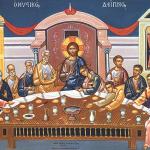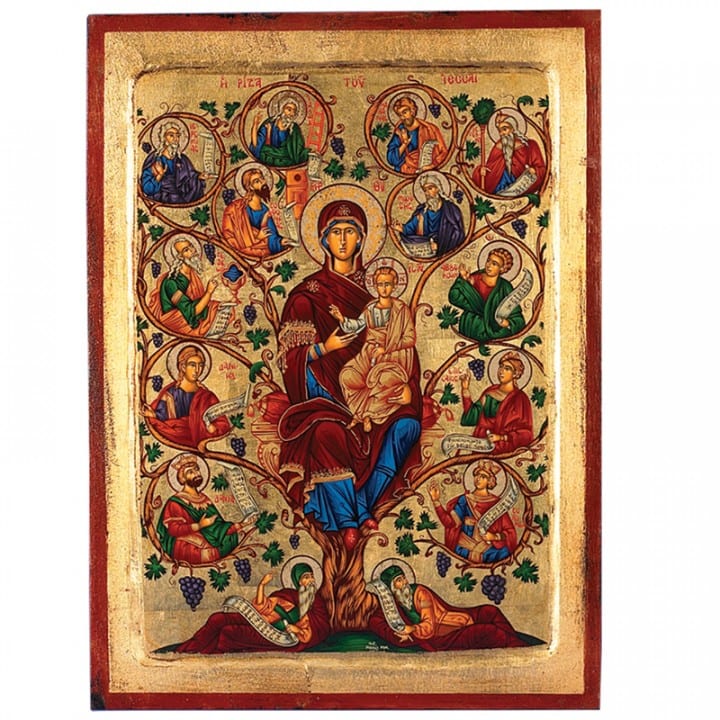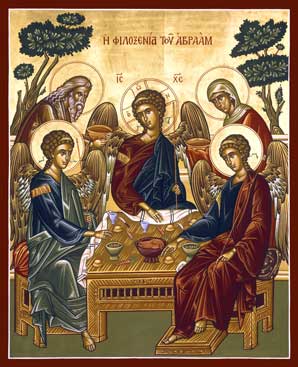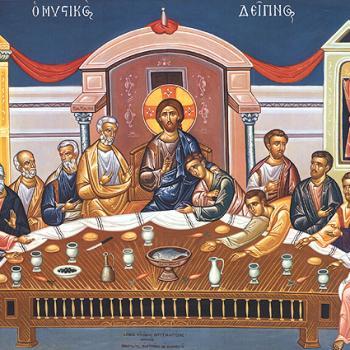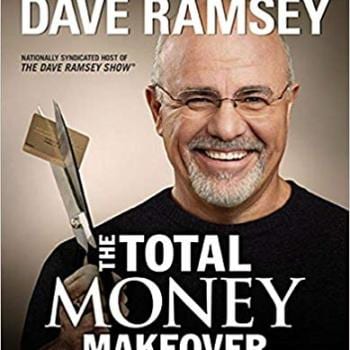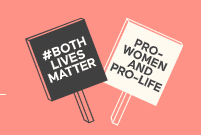 G.K. Chesterton once pointed out that orthodox Catholics disagree with one another more than any other Christian denomination. The reason being we agree on enough common principles to make disagreement possible. It is within this context that I find myself disagreeing with Mark’s latest piece Still Catholic, Still Prolife, But No Longer Part of the “Prolife Movement”. In fact, I was tempted to title this piece Still Catholic, Still Pro-Life, Still Part of the International Pro-Life Movement.
G.K. Chesterton once pointed out that orthodox Catholics disagree with one another more than any other Christian denomination. The reason being we agree on enough common principles to make disagreement possible. It is within this context that I find myself disagreeing with Mark’s latest piece Still Catholic, Still Prolife, But No Longer Part of the “Prolife Movement”. In fact, I was tempted to title this piece Still Catholic, Still Pro-Life, Still Part of the International Pro-Life Movement.
Ironically, I disagree with Mark for the same reason I agree with his critiques of those from whom he is seeking to distance himself. That is, he is allowing a subset of the American prolife movement to define the pro-life movement as a whole. Internationally, I can vouch that many pro-life activists share Mark’s same concerns about the current state of the prolife movement in the United States. This is why I consider Mark not just a personal friend but an important ally of the international pro-life movement in addressing concerns with our American brothers and sisters.
As Mark explains in his opening paragraphs:
I reckon myself Catholic these days but no longer identify with what is commonly called the “prolife movement” since that movement primarily exists to use the unborn as human shields for a host of evils it really exists to defend. I am happy to make common cause with people who espouse a consistent life ethic. I still, as a Catholic, believe that life is sacred from conception to natural death (unlike the bulk of the prolife movement.)
That’s why I don’t identify as belonging to the prolife movement. Mostly the mainstream prolife movement is a giant effort to a) defend concentration camps or deporting troops who have risked their lives for us (or whatever other shit the GOP pushes this week) and b) demand people who do not hold the Christian faith live by Christian morals and seek salvation through the law not through Jesus Christ. It has become a massive perversion of the Faith.
Like many Americans, Mark writes “prolife” rather than the more universal English usage “pro-life”. Yet difference in spelling aside, notice Mark’s definition of “prolife movement”–one that has led him to reject the movement as a whole. It is completely within an American context.
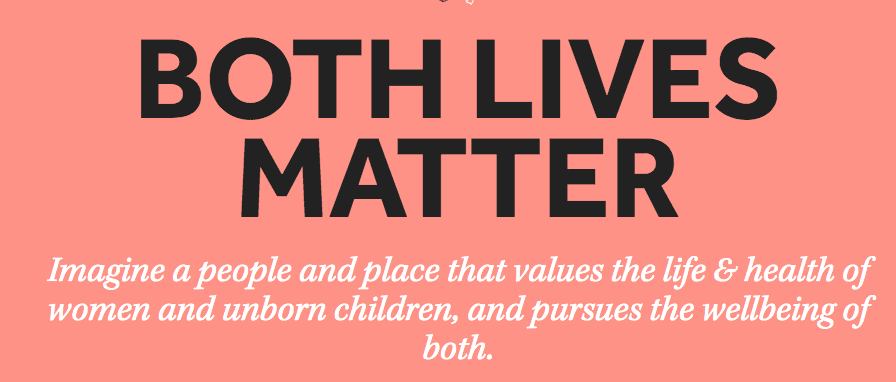 To summarize Mark’s criticism:
To summarize Mark’s criticism:
- The prolife movement no longer defends life from natural conception to death.
- The prolife movement has too closely aligned itself with the politics of a certain wing of the Republican Party.
- The prolife movement is defending the mistreatment of refugees–including children–at the American border.
- Among the Christian wing of the prolife movement, President Donald Trump has eclipsed Jesus Christ as the movement’s principal inspiration.
As a longtime Canadian pro-life activist, I recognize many of these concerns about the present state of the prolife movement south of our border. Additionally, similar concerns were expressed to me by local Christians and pro-life activists I was privileged to meet during my recent visit to Portugal, Denmark, and the United Kingdom. In fact, we would add a fifth and sixth concern:
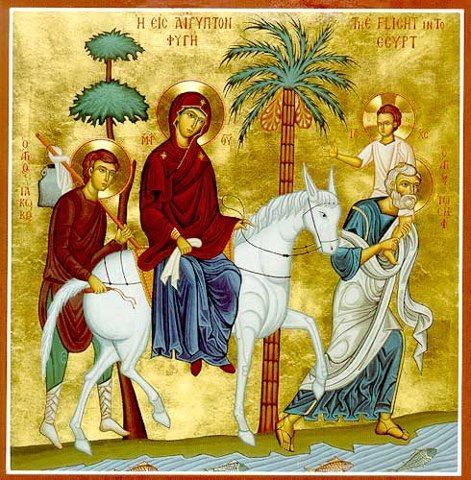 Preoccupation with defending capital punishment, despite the broad consensus that has arisen within the international Christian pro-life community against this practice.
Preoccupation with defending capital punishment, despite the broad consensus that has arisen within the international Christian pro-life community against this practice.- Apologetics for waterboarding and other uses of torture in prosecuting the War Against Terror, often under the euphemism enhanced interrogation techniques.
Mark has also spoken out publicly against these practices. In doing so he has proven a valuable ally to the international pro-life movement. He and other American prolifers like him are our voice within the American context. That is, they are the voice of the international pro-life Christian community trying to reason with our American brothers and sisters.
Renouncing the pro-life movement completely weakens our voice. And it also weakens the voice of the least of our brothers and sisters (unborn, elderly, special needs, refugees, prisoners, etc.) to whom we are trying to give voice as Christian pro-life activists.
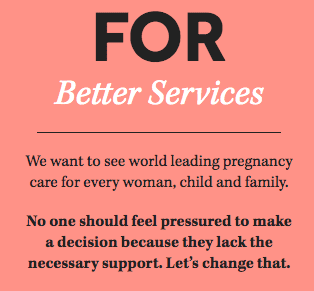 A good example of the aforementioned is the Both Lives Matter campaign currently underway in Northern Ireland, where abortion remains illegal. The campaign is sponsored by pro-life Catholics and Protestants who came together after “The Troubles” in order to support women in crisis pregnancy and their children–both before and after their birth.
A good example of the aforementioned is the Both Lives Matter campaign currently underway in Northern Ireland, where abortion remains illegal. The campaign is sponsored by pro-life Catholics and Protestants who came together after “The Troubles” in order to support women in crisis pregnancy and their children–both before and after their birth.
As explained to me by an Irish Protestant pastor giving me a tour of his pro-life facility–one that he boasted proudly was co-sponsored by both his church and the local Catholic parish with strong support from their priest: “Our Both Lives Matter campaign is partly a response to what is happening in Alabama. Women in crisis there are being threatened with jail if they abort their child. This is damaging the credibility of the pro-life movement here in Ireland and Great Britain. Especially among women who most need our services.
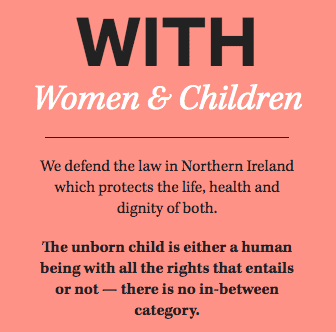 “We don’t want women to feel threatened. We want women to feel safe when they approach us; we want them to feel valued. And by valued I mean as individuals too. Our mistake in the past has been leaving them feeling we only value them as mothers of their unborn children Every pregnancy involves both a woman and a child. Both lives matter when we offer support, which is why we continue offering mom and child support after the baby is born too.”
“We don’t want women to feel threatened. We want women to feel safe when they approach us; we want them to feel valued. And by valued I mean as individuals too. Our mistake in the past has been leaving them feeling we only value them as mothers of their unborn children Every pregnancy involves both a woman and a child. Both lives matter when we offer support, which is why we continue offering mom and child support after the baby is born too.”
Like Mark, this local leader with Northern Ireland’s pro-life movement believes that life is sacred from conception to natural death. In my experience, this Protestant pastor–and his Catholic counterpart at the whom I was also privileged to meet–represents the bulk of the pro-life movement internationally.

